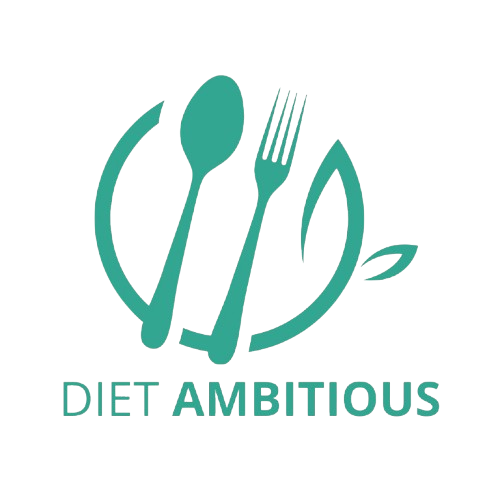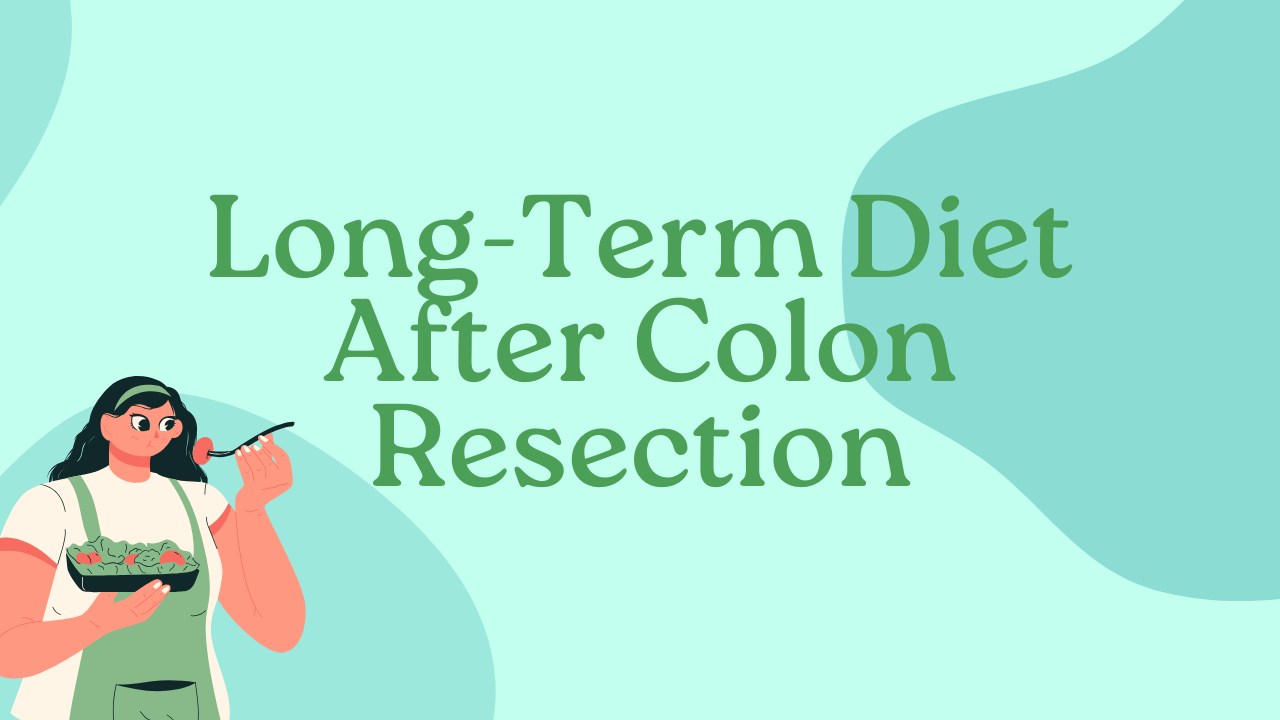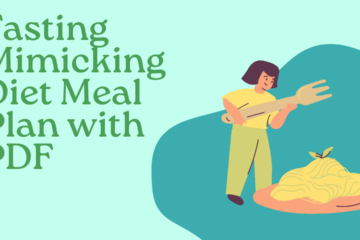All right, so let’s discuss something not really enjoyable but very important: your post-colon resection long-term diet. It’s likely that you or a loved one has had a colon removed if you’re reading this, and you’re probably asking, “What the hell am I supposed to eat now?” That’s reasonable! After intestinal surgery, understanding out how to maintain your body might be like trying to piece together an equation with missing pieces. And you know what? There are a lot of opposing views about Google. Eat fiber, or don’t, according to some people. Some people will always eat bland meals. You’ll return to normal in a week, according to others. Well, let’s get down to business. There is no one-size-fits-all solution here, but there are some smart, realistic strategies that can help you thrive long-term.
So, What Actually Happens After a Colon Resection?
Let’s start by becoming a little technical—just a little, I swear. A colon resection, sometimes referred to as a colectomy, is the removal of a portion of your colon, or large intestine. Diverticulitis, Crohn’s disease, cancer, and many other conditions could be the cause of it. Your body must adapt to digesting and absorbing food with a shortened colon after surgery. It’s similar to renovating a kitchen in that you can still prepare food, but you have to make some adjustments.
The First Few Weeks
You shouldn’t start eating salads and whole grain bowls right after surgery. Noope. In those initial weeks, it’s best to take it easy. Consider foods that are soft, low in fiber, and easy on the stomach. Those boring “sick day” staples: white rice, mashed potatoes, eggs, toast, and applesauce. It all comes down to avoiding things that could cause gas or bloating and avoiding stress on your healing gut. Furthermore, it’s common to feel like eating little. Drink plenty of water and eat little portions until you feel hungry again.
So What’s the Deal with Fiber?
Alright, this is where things become unclear. Should you or shouldn’t you consume fiber? Yes, fiber is your friend in the long run. However, you must reintroduce it gradually. Your digestive tract may be more sensitive to high-fiber foods like whole grains, beans, and broccoli after surgery. However, most people are able to endure more and more with time.
Before moving on to the more challenging foods like fresh vegetables and popcorn, start with soluble fiber-rich foods like cooked carrots, bananas, and oats. It involves some trial and error. Maybe don’t try a new cuisine just before a long drive or, you know, a first date. You’ll know what works based on how your body responds.
Stay Hydrated
People tend to overlook that the colon aids in water absorption. Guess what happens when some of it is gone? You may become dehydrated more quickly. Thus, it is now much more crucial to consume enough water. Herbal teas, brothy soups, and water are all excellent. Perhaps cut back on really sweet or caffeinated beverages, as they may worsen the situation.
You’re most likely not drinking enough if you’re experiencing dry mouth, lightheadedness, or decreased urination (I know, but it’s crucial!).
What Foods Might Bug You Long-Term?
Some people find that certain foods never quite agree with them after a colon resection. Common culprits include:
- Raw veggies (especially cruciferous ones like cabbage and broccoli)
- Corn and popcorn (hello, undigested drama)
- Nuts and seeds (hard to break down)
- Spicy or greasy foods
- Carbonated drinks (they can cause gas and bloating)
- Dairy (some people become lactose intolerant after surgery)
But hey—this isn’t a forever ban list. You might tolerate these fine after a while. Just take it slow and pay attention to your body. It’s basically your new food coach.
Long-Term Diet Goals
Here’s the deal. The long-term diet after colon resection isn’t about fancy trends or cutting every food group. It’s about balance. You want enough protein to heal and stay strong, healthy carbs for energy, and healthy fats (think olive oil, avocado, etc.). Add in fiber gradually and keep meals kind of, well, boring at first. Think “nourishing” more than “exciting.” But don’t worry—you’ll get your spice and crunch back eventually!
A simple meal plan might look like this:
- Breakfast: Oatmeal with banana and a spoon of peanut butter
- Lunch: Grilled chicken, mashed sweet potato, steamed carrots
- Dinner: Baked salmon, rice, sautéed spinach
- Snacks: Yogurt (if tolerated), smoothies, boiled eggs, rice cakes
Supplements
Some people might need extra help with nutrients, especially if they’re having trouble absorbing everything. A multivitamin is usually safe, but talk to your doc or a registered dietitian. You might need B12, iron, or vitamin D depending on how much colon was removed and how your body’s handling things.
Final Thoughts
Scars and stitches are only one aspect of healing following colon surgery. It involves adapting to a new normal, which requires time. You’ll return to a state where eating won’t cause you any tension. You won’t have to worry as much, so you’ll try new dishes, eat out again, and perhaps even have a piece of pizza. Just give your gut the time and attention it needs.
Finding the ideal long-term diet following colon resection is not always easy, but it is possible. Don’t be scared to try new things, start out slowly, and drink plenty of water. You’re capable.




